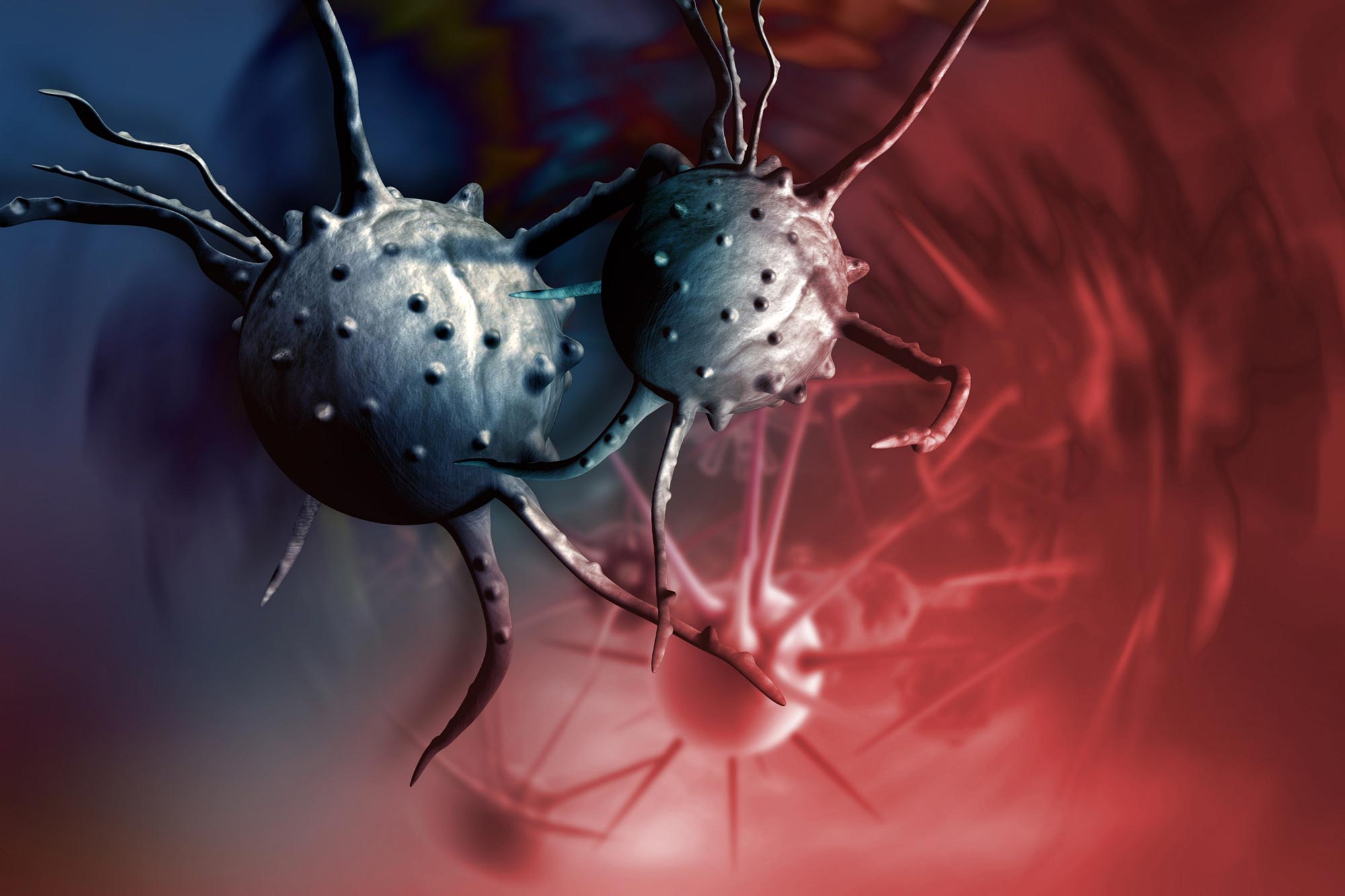A new targeted drug combination has shown significant promise in delaying the progression of advanced prostate cancer among men with specific genetic mutations linked to faulty DNA repair, according to an international study led by University College London (UCL) researchers.
Published this week in Nature Medicine, the Phase III AMPLITUDE trial found that combining niraparib—a PARP inhibitor—with the standard therapy of abiraterone acetate and prednisone (AAP) could substantially slow the disease in men whose tumors carry mutations in DNA repair genes known as homologous recombination repair (HRR) genes.
Understanding the Genetic Link Behind Aggressive Prostate Cancer
Prostate cancers with HRR gene mutations—such as BRCA1, BRCA2, CHEK2, and PALB2—tend to behave more aggressively and resist conventional treatments. These genes normally help fix damaged DNA, but when they malfunction, cancer cells can grow unchecked.
Roughly one in four men with advanced prostate cancer have such mutations. Despite receiving standard therapies like AAP or chemotherapy with docetaxel, many of these patients experience faster disease progression and shorter survival times.
The AMPLITUDE Trial: Design and Key Findings
Led by Professor Gerhardt Attard of the UCL Cancer Institute, the AMPLITUDE trial enrolled 696 men across 32 countries, all newly diagnosed with metastatic prostate cancer and carrying HRR gene mutations. Participants were split evenly between two groups—one receiving niraparib with AAP, and the other AAP with a placebo. The study was double-blind, meaning neither patients nor doctors knew who received which treatment.
The results were striking: patients in the niraparib group experienced a significantly longer delay in disease progression compared with those on standard therapy alone. Over half of the participants (55.6%) had BRCA1 or BRCA2 mutations, suggesting that this subgroup may benefit the most.
“While standard treatments remain highly effective for most men, there’s a subset whose cancer advances more quickly,” said Professor Attard. “For these men, particularly those with HRR gene mutations, this combination can meaningfully delay cancer recurrence and potentially extend survival.”
Clinical Significance and Future Implications
The findings highlight the growing importance of genomic testing in prostate cancer care. By identifying patients with HRR mutations early, doctors can personalize treatment and potentially offer targeted therapies like niraparib.
“These results make a strong case for genetic screening at diagnosis,” Attard added. “It’s crucial that men who carry these DNA repair mutations have access to therapies tailored to their cancer biology.”
Experts say the study marks another step toward precision oncology, where treatments are designed based on a patient’s genetic profile rather than a one-size-fits-all approach.
Safety and Side Effects
While generally well tolerated, the combination did lead to higher rates of side effects, most notably anemia and high blood pressure. About a quarter of patients in the niraparib group required blood transfusions.
Treatment-related deaths were higher among those receiving niraparib (14 compared with 7 in the placebo group), though the overall rate of patients discontinuing therapy remained low. Researchers emphasized the need for doctors to balance risks against benefits when considering this regimen.
Looking Ahead
The researchers note that additional studies will be needed to assess the long-term survival benefits and how newer imaging techniques and expanded genetic testing could further refine patient selection.
Prostate cancer remains the most common cancer among men in many parts of the world. Globally, around 1.5 million men are diagnosed every year, and in the U.K. alone, over 56,000 new cases are reported annually.
As targeted therapies like niraparib advance through clinical trials and regulatory approvals, experts believe a future where genetic testing shapes every prostate cancer treatment decision may not be far away.
Reference:
Attard, G., Agarwal, N., Graff, J.N., et al. (2025). Niraparib and abiraterone acetate plus prednisone for HRR-deficient metastatic castration-sensitive prostate cancer: a randomized phase 3 trial. Nature Medicine. DOI: 10.1038/s41591-025-03961-8

